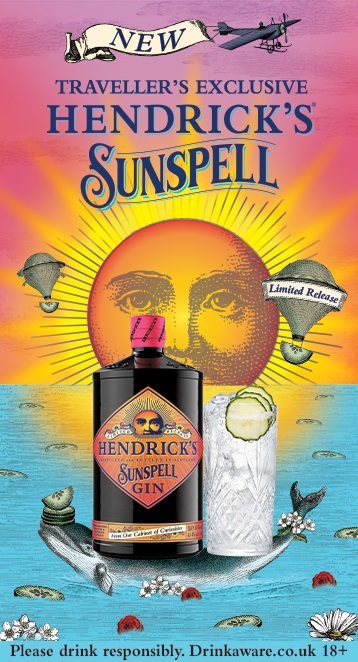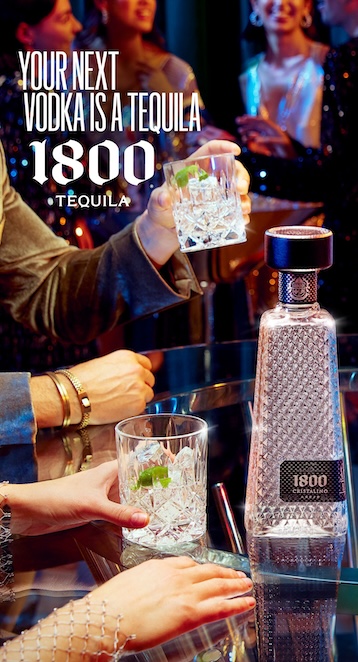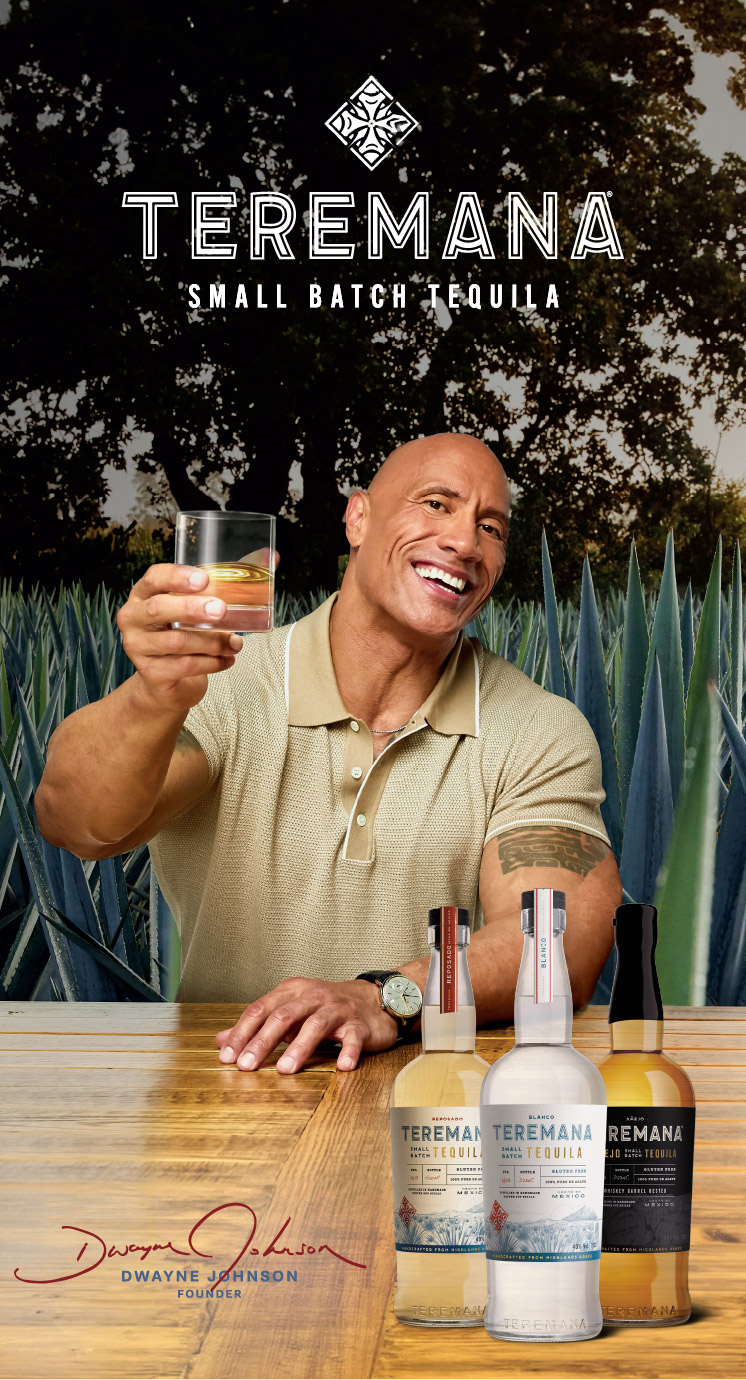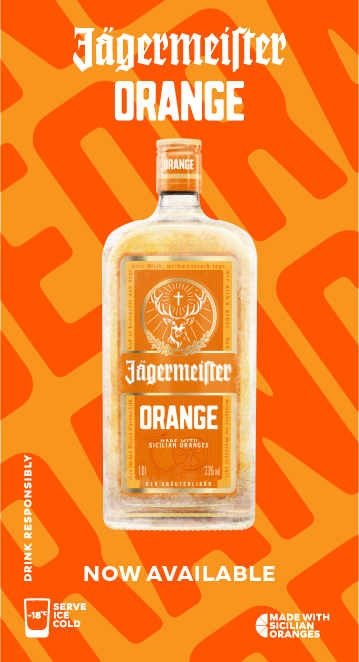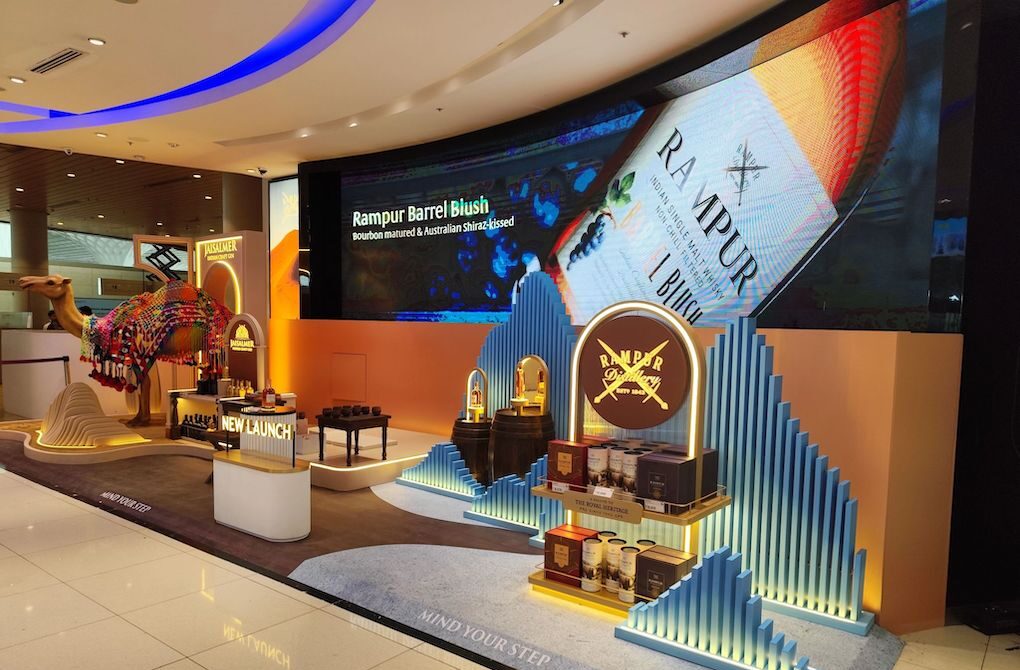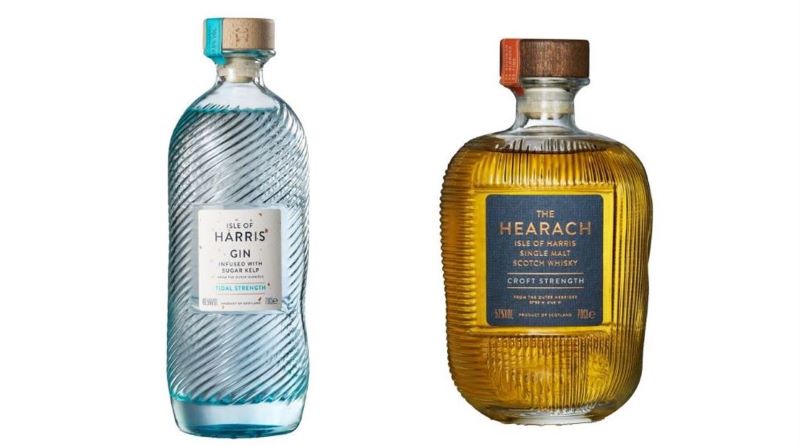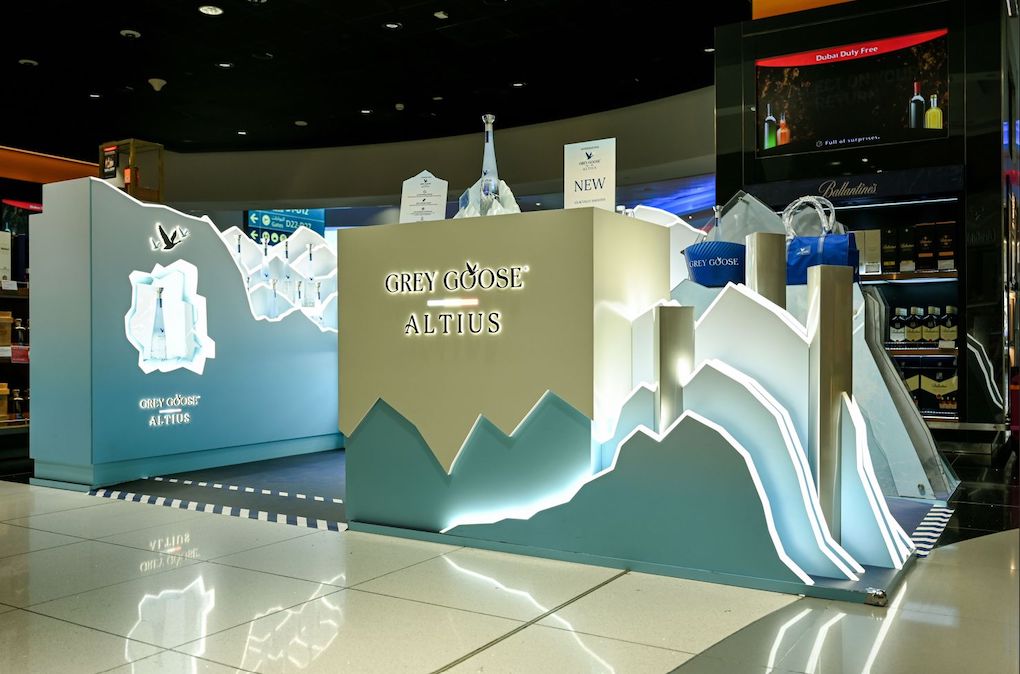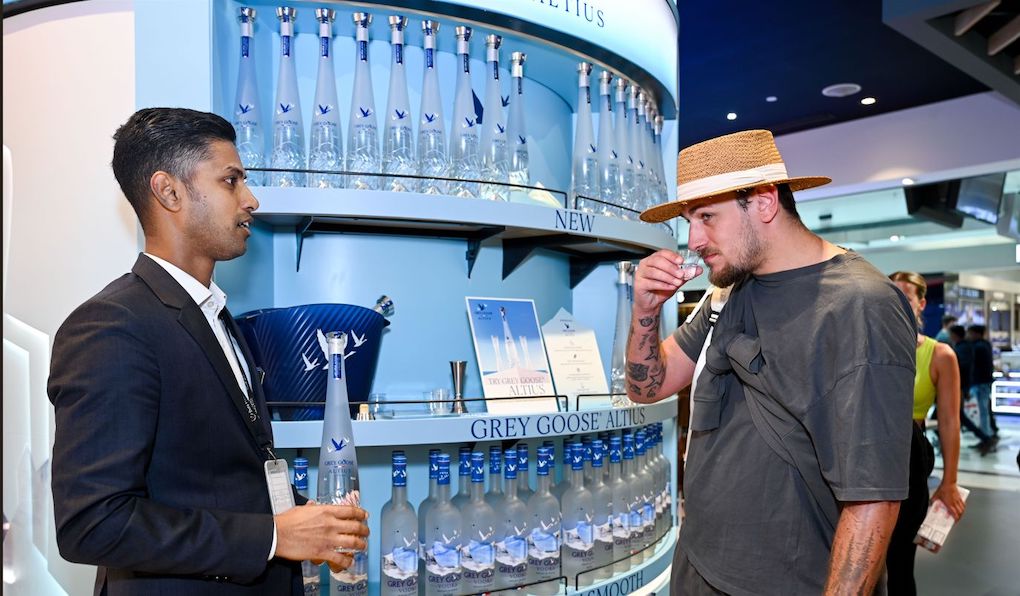Japanese ume fruit liqueur producer Choya is tapping into the trend towards healthy consumer products in its approach to the Moodie Davitt Virtual Travel Retail Expo.
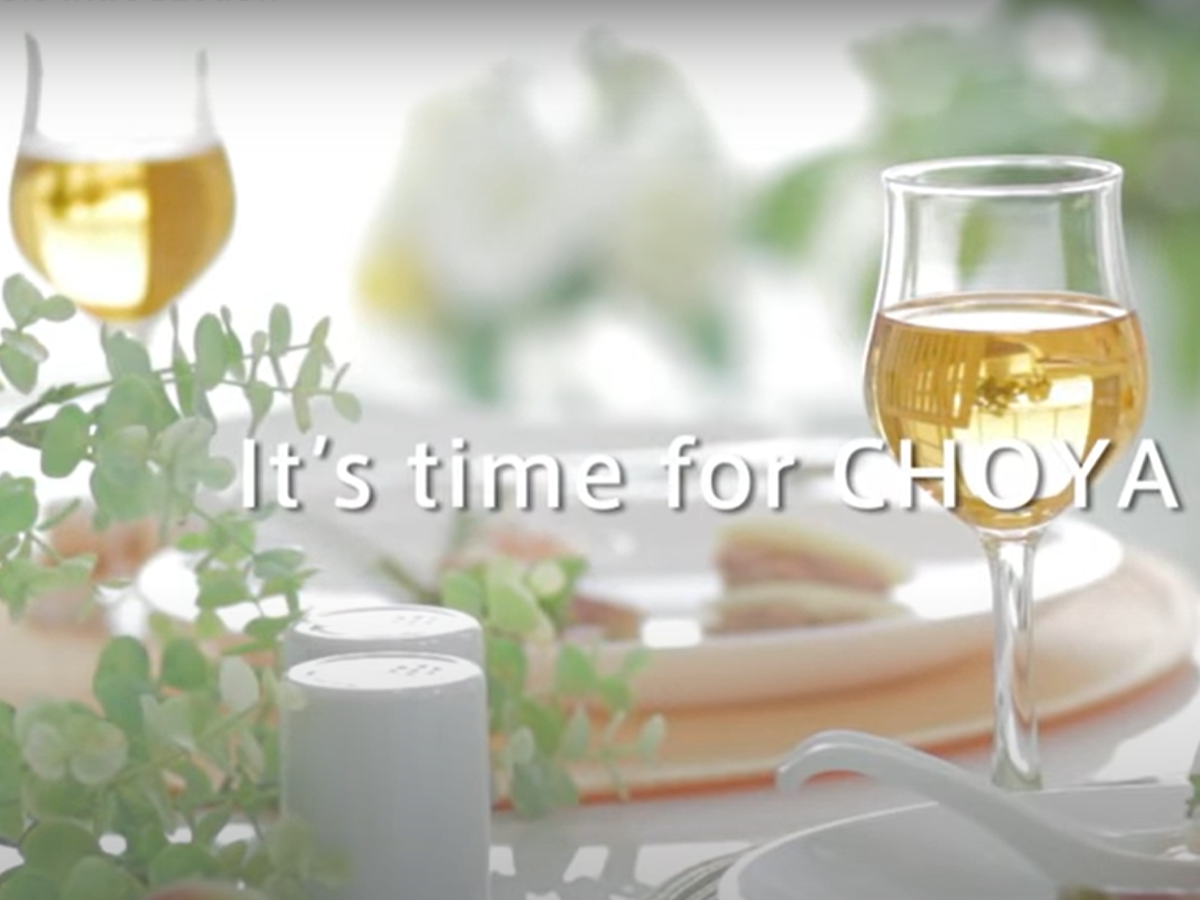 As a Silver Partner (#Virtual Stand WS-S5), Choya is keen to share the attributes of its traditional Umeshu spirit with Expo participants and visitors. The brand owner points out that the ume fruit contains a comparatively high level of organic acids, including citric, apple, amber and crude acid, which are regarded as very beneficial to good health.
As a Silver Partner (#Virtual Stand WS-S5), Choya is keen to share the attributes of its traditional Umeshu spirit with Expo participants and visitors. The brand owner points out that the ume fruit contains a comparatively high level of organic acids, including citric, apple, amber and crude acid, which are regarded as very beneficial to good health.
“Ume is not a plum”
A Japanese proverb states that ume can kill three kinds of poisons: those in food, water, and blood. And ume is mentioned in Honzowamyo, the oldest Japanese dictionary of pharmacy. Umeshu is a traditional Japanese liqueur with a sweet and tart taste. The secret, according to Choya, is in the ume, which is often mistaken for a plum even though the two fruits have very different characteristics. Choya says it achieves a perfect balance between ume extract and alcohol by ageing the whole fruit with the stone still inside, to give a fruity bouquet with notes of almond and marzipan. |
Choya Senior Manager Seiji Susuki said: “We know the times are difficult and, like everyone, we are suffering through the effects of COVID-19, especially here in Japan after the postponement of the Tokyo Olympics. However, we remain positive and will be at the Expo to promote the power of the ume.
“We may not be able to meet our friends and partners – and attract new partners – in the ‘real’ world but we can present our products virtually.”
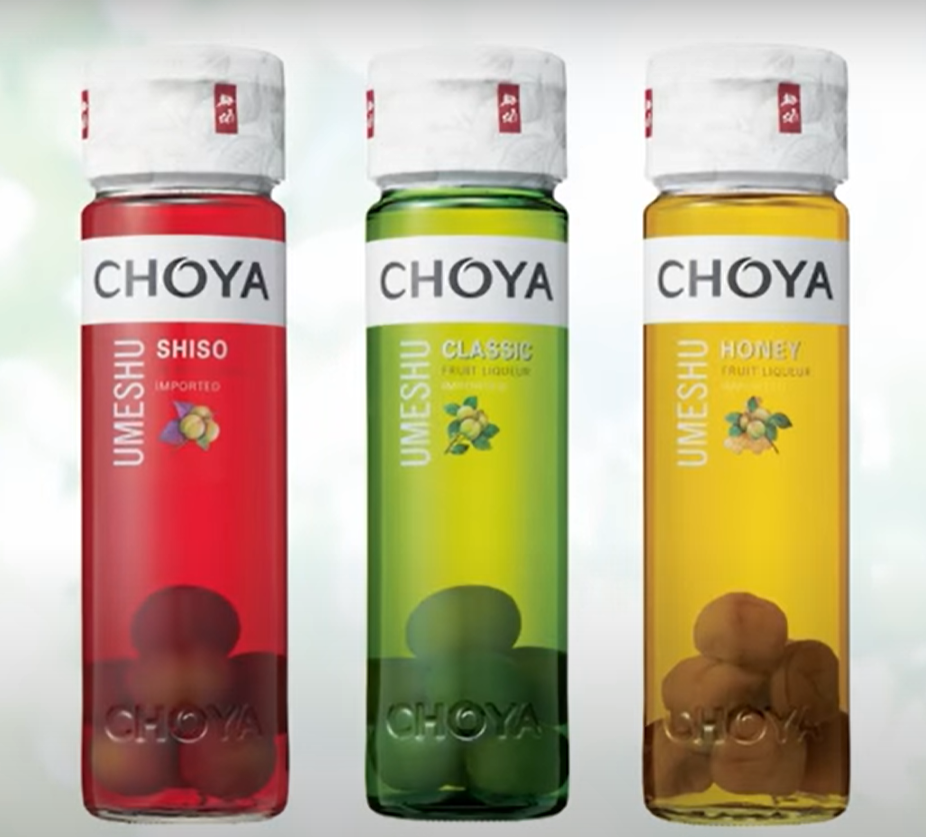
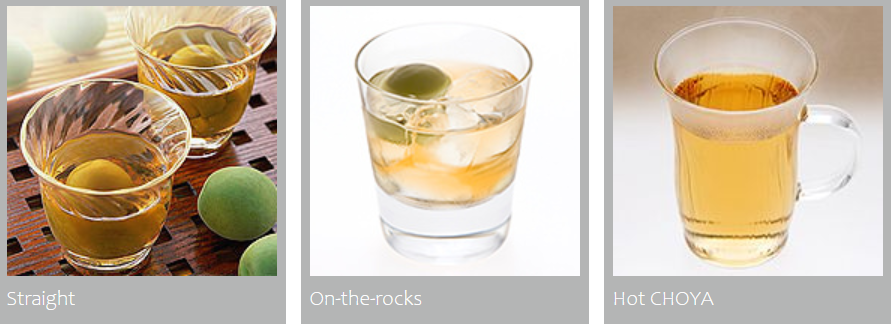 Choya’s extensive product line-up includes Choya Aged 18 Years Urushi; Choya Extra Years, Choya Extra Shiso and Choya Royal Honey (all with fruit), and Extra Series Miniature Set. New lines include Choya Aged 3 years Extra Fruit (with ume puree) and Choya Yzu citrus fruits liqueur.
Choya’s extensive product line-up includes Choya Aged 18 Years Urushi; Choya Extra Years, Choya Extra Shiso and Choya Royal Honey (all with fruit), and Extra Series Miniature Set. New lines include Choya Aged 3 years Extra Fruit (with ume puree) and Choya Yzu citrus fruits liqueur.
Based in Osaka, Choya started as a grape grower in 1914 and began producing Umeshu in 1959. Today it is the world’s leading ume liqueur producer. Its mission is to produce and promote the finest Umeshu made from natural ingredients… and to “make you smile”. |
Susuki said Choya is continuing to market and promote its products in selected Asian markets but has a renewed focus on extending its footprint in travel retail. “We are looking more closely at markets which have remained untapped for the brand: the Americas, Europe and Africa,” he said.
“We are struggling in this strange new society where people are avoiding each other. Contact must be minimised so promoting products like ours is becoming increasingly difficult. However, online meetings and virtual travel are now more popular. This means great progress for online stores and the further development of virtual shopping and marketing.”
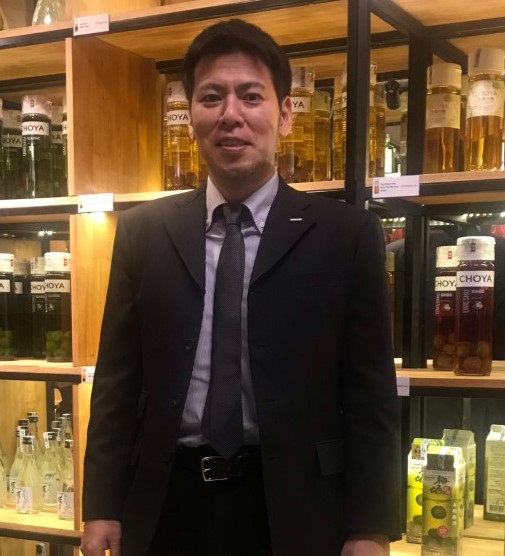
Safety and security are key words in Choya’s marketing strategy for 2021. “We believe there is scope for airlines and travel retailers to extend loyalty programmes. It is vital that the travel industry works together to continuously provide customers with a sense of safety and security, and the motivation to travel and shop.”
Susuki believes Choya could play a strong role in post COVID-19 image building in travel retail.
“Choya is a healthy alcoholic beverage which could easily be offered in-store and inflight. It maximises the power of the ume and sales have been increasing not only in Japan but also in other Asian countries.
“Now more than ever,” Suzuki said, “people are interested in boosting their immunity and considering how to coexist with viruses such as COVID-19.
“People can never forget the joy of travelling and once they start to travel again I believe the need to experience local flavours and tastes, especially those that are healthy, will increase.”
Susuki noted the difficulty in maintaining brand awareness in a crisis-struck market. He suggested retailers should be more willing to share product information and promotions, especially concerning smaller, craft brands, with their customers.
“Most craft products like ours have their own stories to tell. That may be difficult at the moment but we have to keep promoting Choya’s good points; we have to keep talking about our eye-catching and delicious range.”


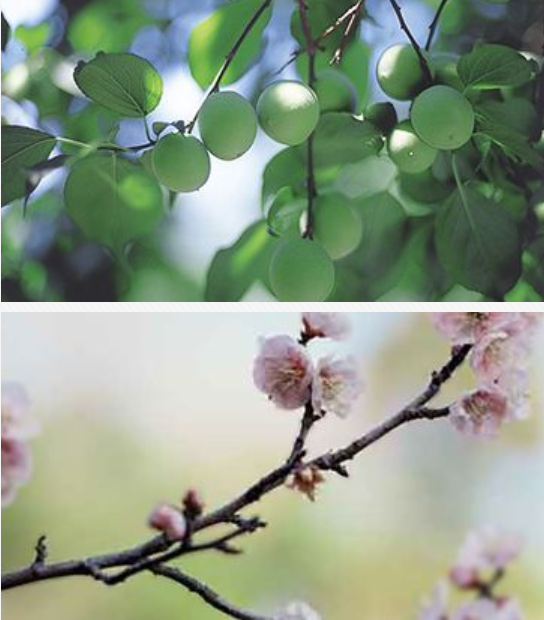 Throughout Japanese and Chinese history, there have been various medicinal uses for ume.
Throughout Japanese and Chinese history, there have been various medicinal uses for ume.